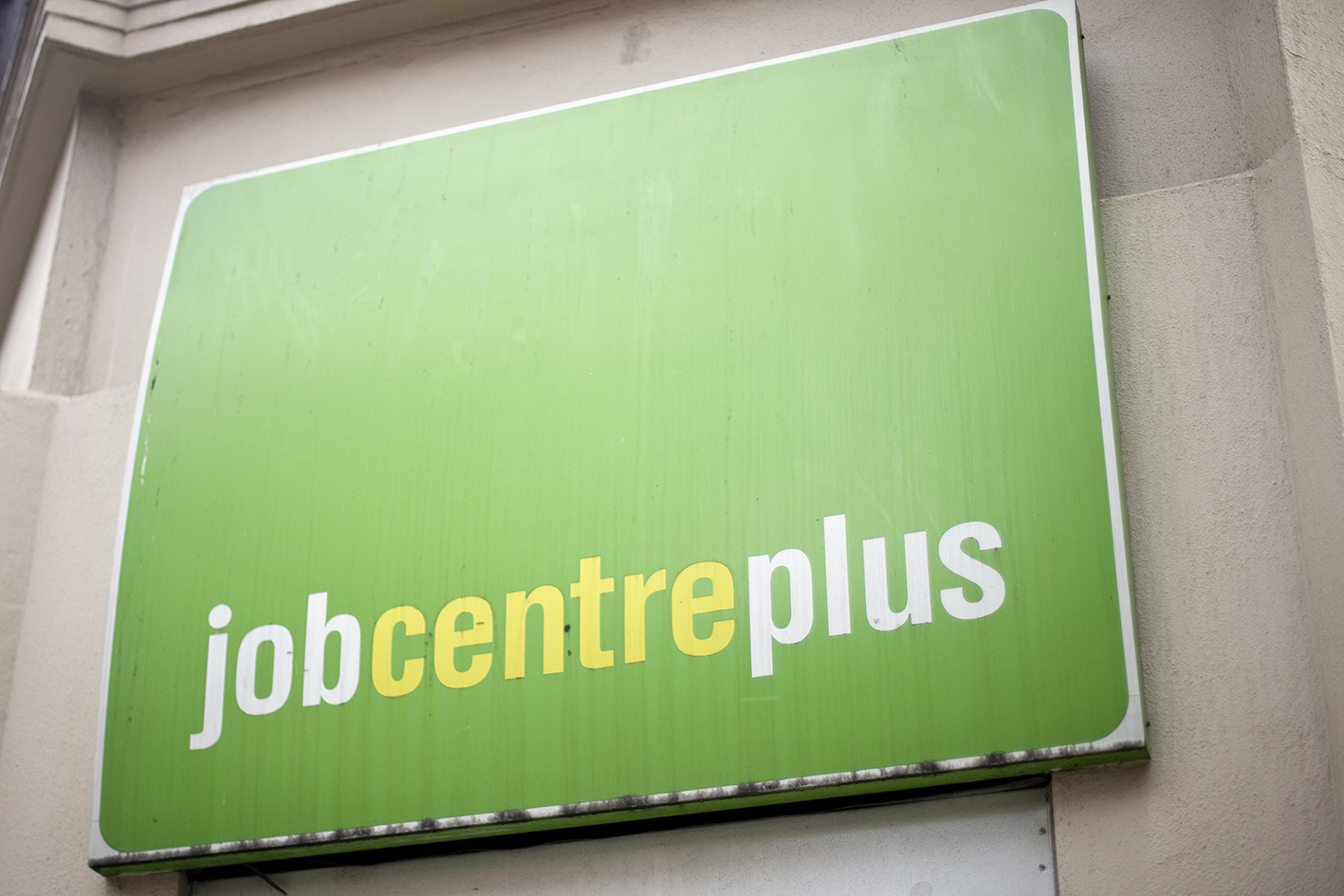Household Bills
Job vacancies top one million for the first time

Job vacancies in the UK have risen above one million for the first time since records began 20 years ago.
Figures from the Office for National Statistics (ONS) show there were 1,034,000 job vacancies between June and August, 249,000 more than pre-pandemic levels in January to March 2020.
Vacancies rose across all sectors, but the largest increase was in accommodation and food services, where openings were up by 57,600.
The number of employees on payroll in August rose by 241,000 to hit 29.1 million, back up to levels seen in February 2020.
Meanwhile, the UK unemployment rate for the May-July period dropped to 4.6 per cent from 4.7 per cent the previous month.
Jonathan Athow, deputy national statistician at the ONS, said: “The overall employment rate continues to recover, particularly among groups such as young workers who were hard hit at the outset of the pandemic, while unemployment has fallen.”
Wage growth continues to remain at unusually elevated levels with total pay in the three months to July up 8.3 per cent versus the same period in 2020.
However, the ONS warned that factors related to the pandemic had temporarily inflated the headline rate.
The earnings figure would have been used to determine the increase to the state pension next year. But the government suspension of the pensions triple lock, announced last week, means state pensions will go up by either 2.5 per cent or price inflation.
Steven Cameron, pensions director at Aegon, said pausing the triple lock will save the government billions of pounds.
“Had the triple lock remained untouched, state pensioners would have been granted an unrealistic increase of 8.3 per cent next April, costing the government around £7.5bn next year and every future year,” he said.
“But [Work and Pensions Secretary] Thérèse Coffey’s announcement last week to suspend the triple lock for a year, will now mean the state pension increases by price inflation or 2.5 per cent, whichever is higher.
“It is expected inflation will trigger the increase, and if this figure is around 3 per cent, the government will save around £5bn moving to the ‘double lock’.”
Ian Browne, pensions expert at Quilter, said: “While many will be unhappy having now received confirmation of what they could have had, the data only really serves to prove that a one off scrapping of the average earnings element was the right thing to do.
“Had the triple lock not been amended, billions would have been spent on the pension increase during an already difficult year for public spending.”